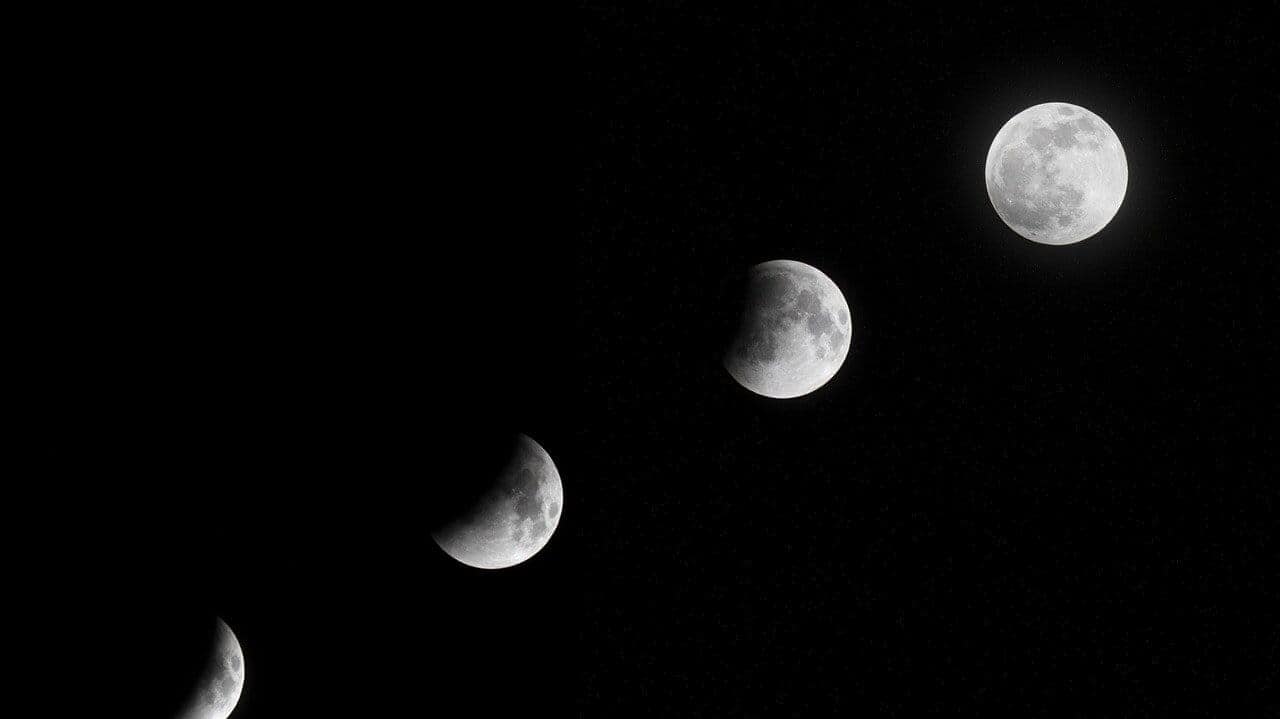
Time warp confirmed! Moon gains 57 microseconds each Earth day
What's the story
NASA scientists have discovered that time runs slightly faster on the Moon by 57 microseconds, a direct application of Einstein's Theory of General Relativity. Advanced atomic clocks have made it possible to measure such minuscule temporal distortions. The research indicates that over the past 52 years, time on the Moon has extended by approximately 1.1 seconds compared to Earth. This discovery could significantly impact sensitive missions requiring perfectly synchronized navigational systems, especially NASA's upcoming Artemis moon missions in 2026.
Time scale
NASA's new lunar time scale: Aiming for precision
In light of the recent discovery, NASA plans to develop a new "time scale" on the Moon to account for the slight time discrepancy between Earth and the Moon. The White House has directed NASA to map out its plans for this new time scale by December 31, calling it "foundational" to renewed US efforts to explore the lunar surface. This system of measurement is crucial as it will underpin an entire lunar network, dubbed LunaNet by NASA.
LunaNet
LunaNet: NASA's framework for lunar exploration
NASA plans to install atomic clocks on the Moon's surface to inform the new lunar time scale. Initially, these clocks will be placed inside satellites orbiting the Moon. The atomic clocks, which measure time with exceptional accuracy using atom vibrations, will underpin LunaNet. Cheryl Gramling, the lunar position, navigation, and timing and standards lead at NASA's Goddard Space Flight Center, described LunaNet as "a framework of standards that contributors to LunaNet (such as NASA or the ESA) would follow."
Peer review
Lunar time discrepancy: Awaiting peer review
The 57 microseconds figure was computed by physicists at the Jet Propulsion Laboratory led by Slava Turyshev. They calculated the sliding scale of time for the Earth-Moon system relative to the Solar System's common center of mass. However, earlier research by the US National Institute of Standards and Technology found a slightly different value of 56.02 microseconds. As neither result has been peer-reviewed yet, the final value for lunar time is still awaiting confirmation.